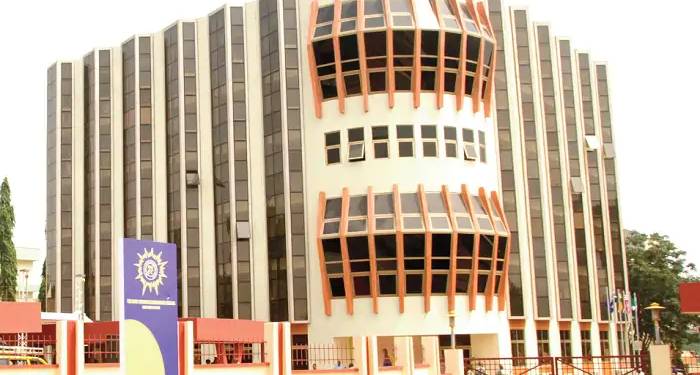The delayed release of the 2024 West African Senior School Certificate Examination (WASSCE) results has raised alarm among private school administrators, parents, and students, with the Conference of Heads of Private Second-Cycle Schools (CHOPSS) warning of potential disruptions to university admissions. The group has expressed its frustration with the situation, describing it as preventable.
In a statement issued earlier this month, the West African Examinations Council (WAEC) cited technical challenges as the primary cause of the delay, including a malfunction in scanners used for processing objective test answer sheets. Additionally, WAEC revealed it is owed GH₵118 million by the Ministry of Education, a debt that has significantly hampered its operations and efforts to resolve the technical issues.
Private Schools Decry Unfair Treatment
CHOPSS has expressed dissatisfaction with the government’s handling of the issue, arguing that private school students—who have fully paid their WASSCE registration fees—should not be penalized for the delays. The council emphasized that private schools owe no debts to WAEC and could have requested an independent release of their results had the technical issues not occurred.
“This situation is simply unacceptable,†CHOPSS stated, lamenting the lack of urgency in addressing the problem. “For eight years, we have been excluded from participating in the Free Senior High School (SHS) policy. Our classrooms have been left almost empty as parents face difficult economic decisions when choosing schools for their children.â€
The council pointed out that the delay jeopardizes the future of many students who rely on their WASSCE results to secure admission to universities. With institutions across Ghana set to close admissions in January 2025, the urgency to resolve the matter has reached a critical point.
Mounting Pressure on WAEC and the Government
The delay has drawn criticism from stakeholders across the education sector, including parents and advocacy groups. Many have called on the government to prioritize resolving the financial constraints that have crippled WAEC’s operations.
WAEC’s technical challenges have also exacerbated the situation, leaving examiners unable to complete marking and result compilation on time. Despite assurances from the Ministry of Education that the issue is being addressed, frustrations are growing as the January university admissions deadline looms.
CHOPSS Issues Warning
In its statement, CHOPSS called on the government to release the outstanding funds owed to WAEC immediately to facilitate the release of the results. The council warned that failure to act promptly would force private schools, parents, and students to take further action.
“This delay undermines the trust and confidence that parents and students have in the education system. We cannot allow such a critical issue to persist while the future of our children hangs in the balance,†the statement read.
The group also called for greater accountability and efficiency in managing the WASSCE process to prevent similar incidents in the future.
A Glimmer of Hope
In response to the growing outcry, the Ministry of Education recently announced the release of an additional GH₵25 million to WAEC to support its operations and ensure the completion of marking activities. Kwasi Kwarteng, spokesperson for the ministry, expressed confidence that the financial boost would help expedite the release of the results.
“We are committed to resolving this issue and ensuring that WAEC is fully equipped to complete their processes. The release of the additional funds demonstrates our commitment to education and the future of our students,†Kwarteng said.
The Road Ahead
While the release of the additional funding offers some hope, the situation underscores the need for systemic reforms to enhance the efficiency and reliability of the WASSCE process. For now, all eyes remain on WAEC and the government to deliver on their promises and ensure that students can access their results in time to meet university admissions deadlines.
As the clock ticks closer to January 2025, stakeholders are urging swift and decisive action to prevent further disruptions and protect the aspirations of Ghana’s future leaders.


